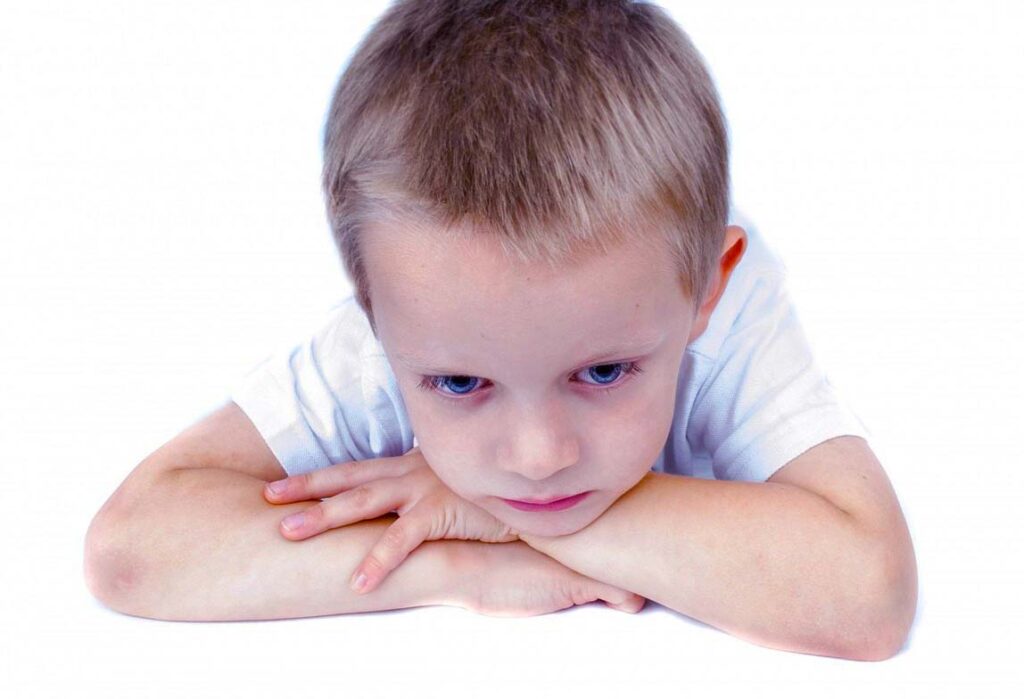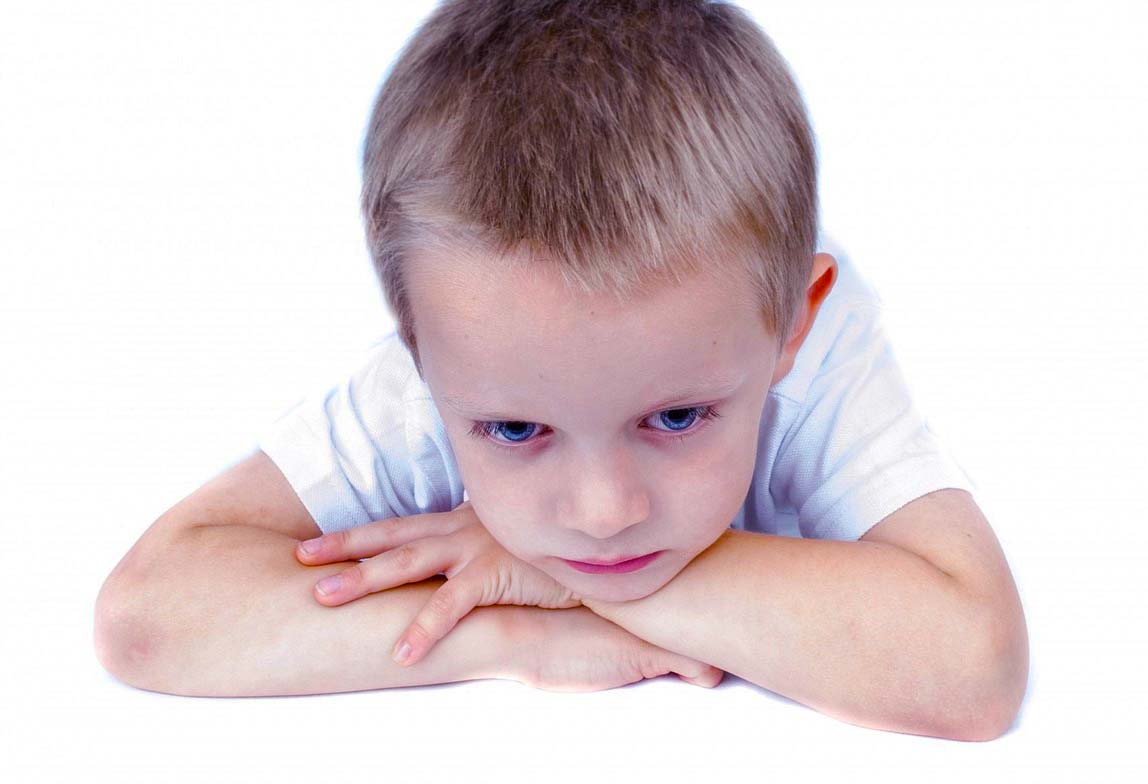Identifying Early Signs of Schizophrenia in Children
Schizophrenia is a complex mental illness that can manifest in early childhood. Although it is relatively rare, it is essential to be aware of the signs and symptoms of childhood schizophrenia for early intervention and proper treatment. Parents, caregivers, and healthcare professionals play a crucial role in recognizing potential indicators of this condition.
In section one of this article, we will explore the early signs of schizophrenia that may manifest in children. Understanding the symptoms can help identify red flags, which may warrant further evaluation.

It is important to note that not all children who display symptoms indicative of schizophrenia will develop the disorder. However, recognizing the signs and seeking appropriate help can improve the overall health and well-being of children.
Stay tuned to discover the specific signs and symptoms to look out for in children with schizophrenia.
What to Look Out For Common Signs of Childhood Schizophrenia
Childhood schizophrenia is a rare but serious brain disorder that can be challenging to diagnose. Here are some of the common signs and symptoms to watch out for:
- Hallucinations and delusions: Children with schizophrenia may experience hallucinations, which involve seeing, hearing, or sensing things that are not real. They may also have delusions, which are false beliefs that are not based on reality.
- Changes in behavior: Children with schizophrenia may exhibit changes in behavior or attitude. They may become easily irritable or upset, or they may withdraw from social situations and activities.
- Disorganized speech and thoughts: Children with schizophrenia may have difficulty communicating effectively. They may speak incoherently or in a way that is difficult to understand. They may also have trouble organizing their thoughts.
- Mood swings: Children with schizophrenia may experience intense and sudden mood swings. They may go from feeling happy to sad in a matter of seconds.
- Difficulty focusing: Children with schizophrenia may struggle to concentrate on tasks or follow through with activities. They may also have difficulty remembering things.
It is important to note that these symptoms may not necessarily indicate schizophrenia. Many children experience some of these symptoms at various points in their lives. However, if these symptoms persist or become more severe, it may be a good idea to consult a healthcare professional. Signs of Schizophrenia in Children
Early Intervention and Treatment Options
Early recognition and intervention of childhood schizophrenia is crucial for better outcomes. Once the signs of schizophrenia in children are identified, parents, caregivers, and healthcare professionals must work together to create a comprehensive treatment plan that addresses the individual needs of the child. Signs of Schizophrenia in Children
The first step in treatment is typically a comprehensive evaluation by a mental health professional. This can help confirm the diagnosis and determine the severity of the condition. Based on the evaluation, treatment options may include therapy, medication, or a combination of both.
Therapeutic Approaches
Therapeutic approaches for childhood schizophrenia may include individual therapy, family therapy, or group therapy. These approaches can help children manage their symptoms and develop coping skills to improve their quality of life. Therapists may use a variety of techniques, such as cognitive-behavioral therapy, play therapy, or art therapy, depending on the needs and preferences of the child. Signs of Schizophrenia in Children
Medication Management
Depending on the child’s symptoms, medication may also be recommended. Antipsychotic medications are typically used to reduce hallucinations, delusions, and other symptoms of schizophrenia. However, it is essential to work closely with a healthcare professional to determine the appropriate dosage and monitor any potential side effects. Regular check-ins are necessary to assess progress and make any necessary adjustments to the medication regimen. Signs of Schizophrenia in Children
Support Services
In addition to therapy and medication, support services can also be beneficial for children with schizophrenia. These may include case management, education and vocational support, and peer support groups. Support groups can provide children and families with a sense of community and connection with others who have experienced similar challenges. Signs of Schizophrenia in Children
Overall, early identification and intervention are critical for children with schizophrenia. With the right treatment plan and support, children with schizophrenia can lead fulfilling lives and reach their full potential.
Conclusion
In conclusion, recognizing the signs of schizophrenia in children is crucial for timely intervention and improving outcomes. Parents, caregivers, and healthcare professionals need to stay informed about the common signs and symptoms associated with childhood schizophrenia. By being vigilant, they can take proactive steps towards early diagnosis and accessing appropriate treatment options. Signs of Schizophrenia in Children
Early intervention is key to improving the quality of life for children with schizophrenia. There are a range of treatment options available, including therapeutic approaches, medication management, and support services. Seeking professional support and assistance is crucial in helping children with schizophrenia lead fulfilling lives and reach their full potential.
Remember:
Recognizing the early signs of schizophrenia in children can make a significant difference in their lives. If you notice any concerning changes in your child’s behavior, seek professional advice and support. With proper care and early intervention, children with schizophrenia can lead happy and healthy lives. Signs of Schizophrenia in Children
FAQ
What are the early signs of schizophrenia in children?
Some common early signs of schizophrenia in children include social withdrawal, changes in behavior, difficulty concentrating, hallucinations, and delusions. It is important to note that these signs may vary from child to child.
How can I recognize potential indicators of childhood schizophrenia?
Recognizing potential indicators of childhood schizophrenia involves paying attention to changes in a child’s behavior, such as sudden withdrawal from social interactions, changes in school performance, difficulty sleeping, or unusual beliefs and experiences. If you notice any of these signs, it is recommended to consult with a healthcare professional for proper evaluation and guidance.
What specific signs and symptoms should I look out for?
Common signs and symptoms of childhood schizophrenia include delusions, hallucinations, disorganized speech or behavior, lack of emotional expression, difficulty with social interaction, and impaired cognitive abilities. It is important to remember that each child may exhibit different symptoms, and a comprehensive evaluation by a qualified professional is needed for an accurate diagnosis.
What is the importance of early intervention in childhood schizophrenia?
Early intervention is critical in childhood schizophrenia as it can lead to better outcomes and improved quality of life. Early identification and timely access to appropriate treatment and support services can help manage symptoms and promote healthy development. It is essential to involve healthcare professionals to create an individualized treatment plan for each child.
What treatment options are available for children with schizophrenia?
Treatment options for children with schizophrenia may include a combination of medication, therapy, and support services. Antipsychotic medications are commonly prescribed to manage symptoms, along with different types of therapy such as cognitive-behavioral therapy, family therapy, and social skills training. Support services such as educational assistance and community support groups can also be beneficial.
What should I do if I suspect my child might have schizophrenia?
If you suspect your child might have schizophrenia or notice any concerning signs or symptoms, it is important to consult with a healthcare professional, such as a pediatrician, child psychiatrist, or psychologist. They will be able to conduct a comprehensive evaluation, provide a proper diagnosis, and guide you toward appropriate treatment options and support services.
Is childhood schizophrenia treatable?
While there is currently no cure for schizophrenia, early diagnosis and appropriate treatment can significantly improve symptoms and overall functioning in children with schizophrenia. With a comprehensive treatment plan, ongoing support, and therapy, affected children can lead fulfilling lives and achieve their full potential.

